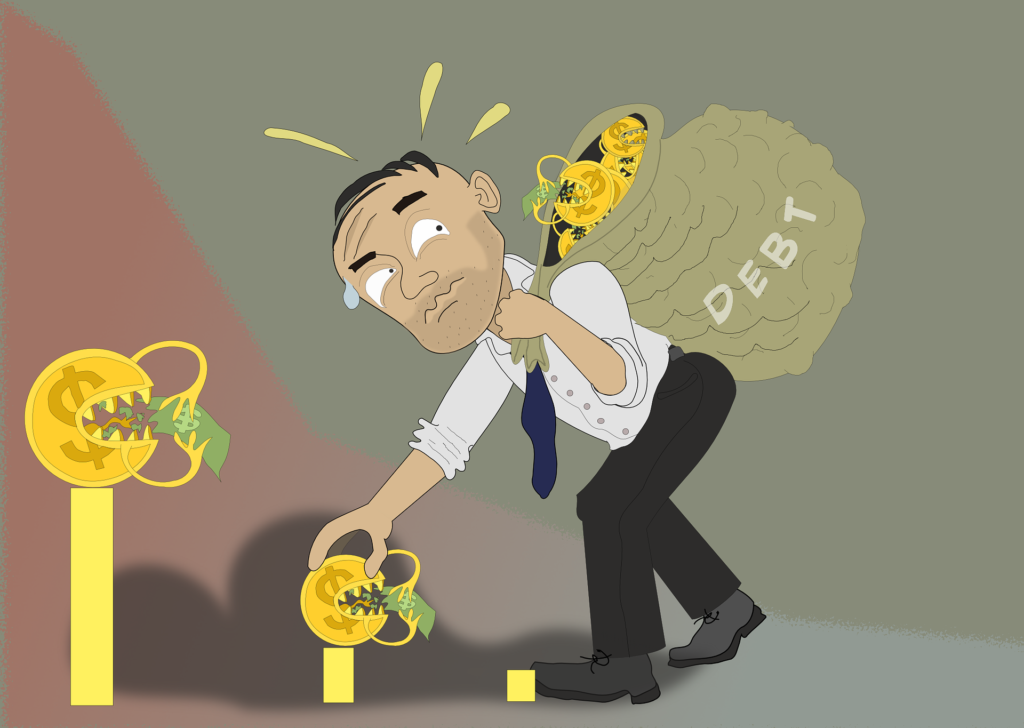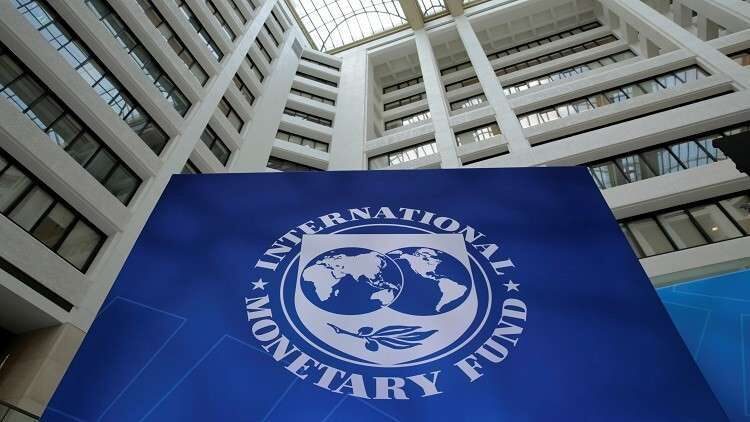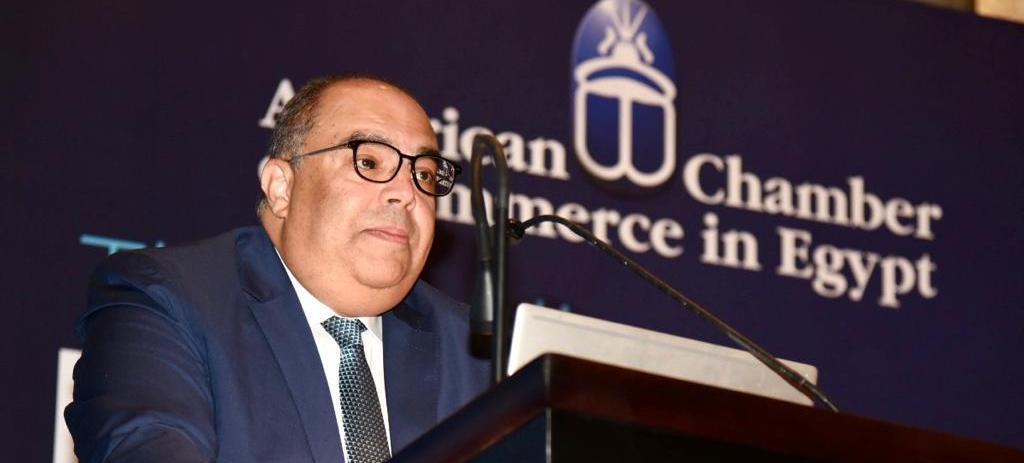The Central Bank of Egypt (CBE) maintained key interest rates in the first meeting of its Monetary Policy Committee in 2023, an action that analysts described as the calm before the storm, especially since Egypt is engaging in an International Monetary Fund (IMF)-backed deal through Fiscal Year (FY) 2025/2026.
Rates unchanged
Following total hikes of 8% (800 bps) applied over 2022, within which a 3% (300 bps) rise was introduced in December, the CBE kept interest rates at 16.25%, 17.25%, 16.75%, and 16.75% for the overnight deposit rate, overnight lending rate, the rate of the main operation, and the discount rate, respectively.
The CBE said the decision aims to give the local market a chance to absorb the tightening policy measures taken over 2022 and assess impacts on the macroeconomy indicators; particularly the inflation rates.
To a new record level, Egypt’s annual headline inflation accelerated in January, recording 26.5%, up from 8% in January 2022 and 21.6% in December 2022, according to the latest figures published by the Central Agency for Public Mobilisation and Statistics (CAPMAS) last week.
Commodities and services prices are going higher in the local market, especially with back to school and the upcoming holy month of Ramadan, despite stables shortages that force some good prices to rise.
“I am on record in expecting the CBE to keep rates unchanged,” Associate Professor of Finance and Fintech at Kingston Business School in London Nashwa Saleh told Business Monthly. The most challenging stage of the crisis has been averted with Credit Default Swaps (CDS) levels dropping to hover around 1000bps, as of February 10, 2023, from 1400 bps prior to September 2022, Saleh explained.
Over the last three months, the CBE proved it would not hesitate to use any policy tool including policy rate hikes, increased reserve requirements, and open market operations to implement its foreign exchange stabilization strategy.
“We have to bear in mind that markets do not move in straight trajectories and there is always a lag between policy action and market adjustment which is usually 12 to 18 months. We must recognize that there will be a lot of volatility during this period,” Saleh added.
On her projections for Egypt’s inflation trends going forward, Saleh believes rates will remain under pressure but inching upwards at a slower pace, with the pass-through from the Egyptian pound devaluation reflected in the numbers. The market is still impacted by the global macro backdrop and repercussions of the Russia-Ukraine war on supply chains, Saleh noted.
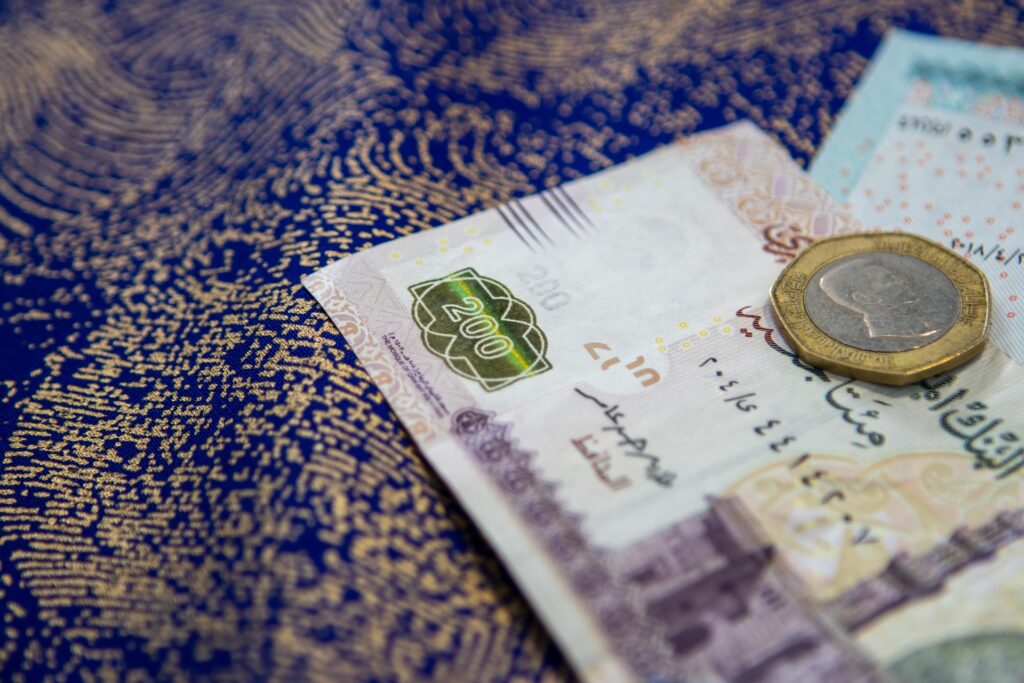
Currency and foreign reserves
The Egyptian pound has lost half of its value against the US dollar. The US dollar is currently traded for over EGP 30 compared to the level of EGP 15 prior to the war that sparked in March. Saleh said that further moderate EGP/USD weakness is likely, especially from the impact of imported inflation over the coming two years. Continued currency volatility is expected, she added.
On the foreign exchange (FX) level, Saleh expected tension between the parallel (black) market and official rates to remain. “Reserves will hover around current levels with potential upside subject to execution of the planned initial public offering (IPO) program, and other institutional reforms,” she said.
Saleh called on all stakeholders, not just the CBE, to coordinate and execute reforms according to plan. This is because the international investor community will be following them very closely, she noted, especially given Moody’s negative ratings “which was the main cause for the CDS levels to increase by around 200bps in my view.”
Last week, Prime Minister Mostafa Madbouly announced a list containing 32 state-owned companies to be tapped by investors over 2023 either under the IPO program or other partnerships set in Egypt’s State Ownership Policy.
Speaking to Business Monthly, Ali Metwally, MENA Economist and Risk Analyst at Infospectrum UK ascribed the CBE’s action to the notable hikes of last year at a cumulative rate of 8%, maintaining a reasonable interest rate differential with the US. This is in addition to the recovery of some foreign currency inflows from main sources such as tourism, foreign direct investments, the Suez Canal, and the transition to a more flexible exchange rate regime.
Easing inflows have eased pressure on the exchange market deeming a further hike in February unnecessary, Metwally explained, especially given its negative impact on the government debt service payments and government procurement.
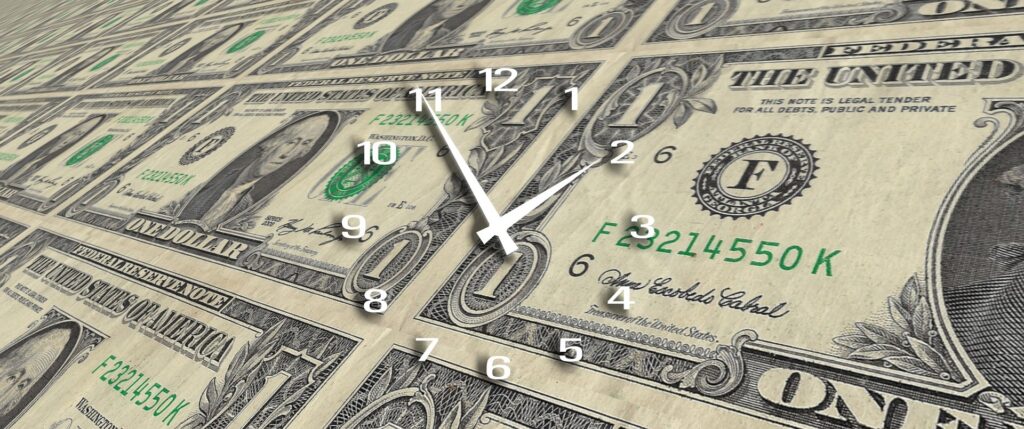
Outlook
Metwally projected inflation to average around 25% over 2023 on an annual basis, driven mainly by currency depreciation and elevated energy costs. He added that easing import curbs and lower global supply chain disruptions should help mitigate some of the operational costs facing businesses in Egypt. Nevertheless, Egypt is unlikely to reach its inflation target of 5-9% before mid-2024, he noted.
Metwally predicted that the CBE will hike interest rates by 2% (200 bps) within the next 6-8 months, reaching 18.25%. The hikes will be implemented to maintain a stable exchange rate and will be in line with the expected hikes by the US Federal Reserve in the first half of 2023.
Foreign reserves are also expected to improve in 2023 amid higher foreign investments and higher exports, according to Metwally’s expectations. However, he noted that a potential recession in Europe and the US in 2023 could weigh on export growth limiting the growth of foreign reserves.
Egypt’s commitment to close the financing gap and the emergence of further incentives to foreign investors has led Metwally to the outlook that the US dollar will trade for around EGP 31 in 2023. The black market should see a notably lower level of activity in 2023, amid the CBE’s adoption of a more flexible exchange rate regime, he concluded.



